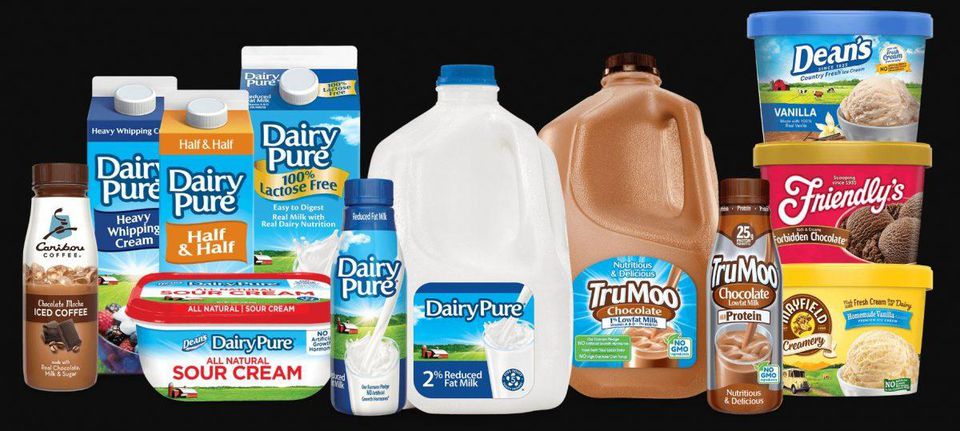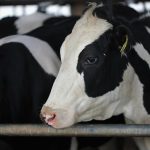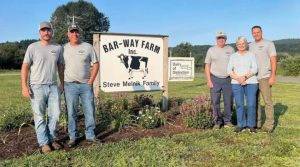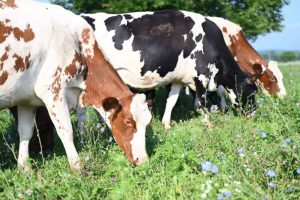
Now Dean, once hands down the nation’s largest dairy processor, is looking at “strategic alternatives,” including potentially putting itself on the auction block.
Dean, which grew into a multibillion-dollar company largely through a series of acquisitions, said Monday it has “commenced a review to explore and evaluate potential strategic alternatives to enhance shareholder value. These alternatives could include, among others … the disposition of certain assets, the formation of a joint venture, a strategic business combination, a transaction that results in private ownership or a sale of the company.”
“We are taking vital, transformative actions to maximize the benefits of our scale and position the company for the long term, including implementing an enterprise-wide cost productivity plan and investing in core capabilities, technology, infrastructure, people and systems,” Ralph Scozzafava, chief executive, said in a statement.
“As we seek to accelerate our business transformation and enhance shareholder value, the board has initiated a review of a range of potential strategic alternatives to best position the company for the future,” he said.
The news contributed to a nearly 14% swoon in Dean’s stock, which closed Wednesday at $3.92 a share, pennies above its 52-week low.
In late 2016, the stock jumped into the $19 range on news that Chinese beverage company Hangzhou Wahaha had looked into financing for a potential takeover of the company. That chatter quickly died down.
Dean, through a spokesman, opted to “politely decline the opportunity” to talk about its current affairs.
Dean has been adding or subtracting parts of its business since long before I began covering the company in 2004.
It grew to its peak size in part by rolling up smaller regional players, which left it with a host of popular regional brand names but no national face. It tried a face lift in 2015 by creating a unifying national name: DairyPure. The move allowed for national marketing, but never created the same buzz as the double-digit growth of its former plant-based products.
Many observers saw the real watershed moment for Dean as the 2012 IPO of its WhiteWave unit, maker of the popular Silk soy milk and Horizon Organic milk lines.
Secret discussions of that initial public offering figured prominently in an insider trading investigation that saw the company’s former chairman, Thomas Davis, plead guilty to 12 separate crimes, including conspiracy, securities fraud, wire fraud, perjury and obstruction.
For years, Dean Foods has faced a number of challenges, including a nationwide decline in consumption of milk from cows as consumers switch to plant-based beverages such as soy milk.
At the time of the initial public offering, Dean’s WhiteWave unit was the nation’s largest soy milk maker. These days, Dean sells its own branded dairy milk but also gains revenue from supplying retailers with milk they can put the store label on. Now, there’s growing competition in that segment from deep-pocketed rivals Walmart and Amazon.
Dairy king Dean still is a multibillion-company that benefits from its products’ “clean,” “natural” labels. It posted $7.76 billion in 2018 sales but saw a net loss of nearly $327 million.
If Dean Foods ends up being sold to the highest bidder, it’s a fair bet there will be further un-coupling to follow.

























